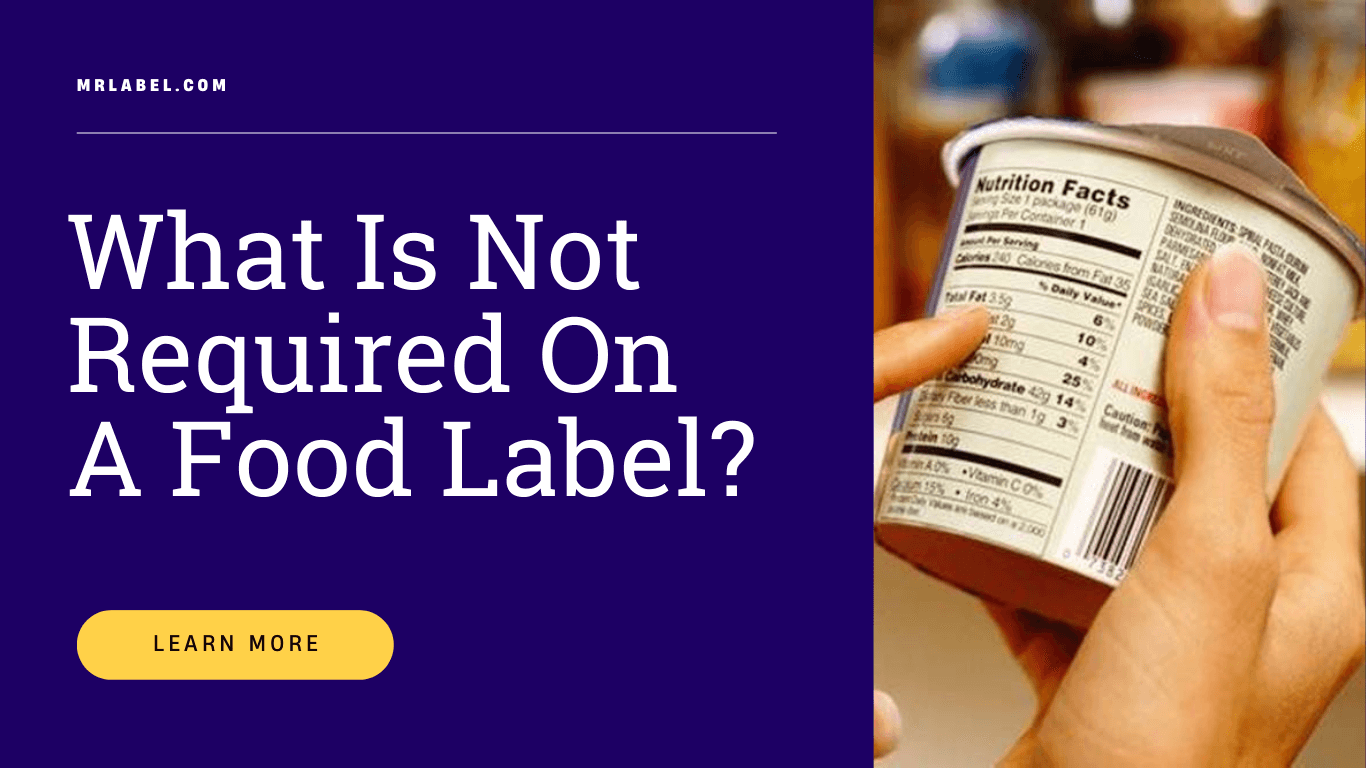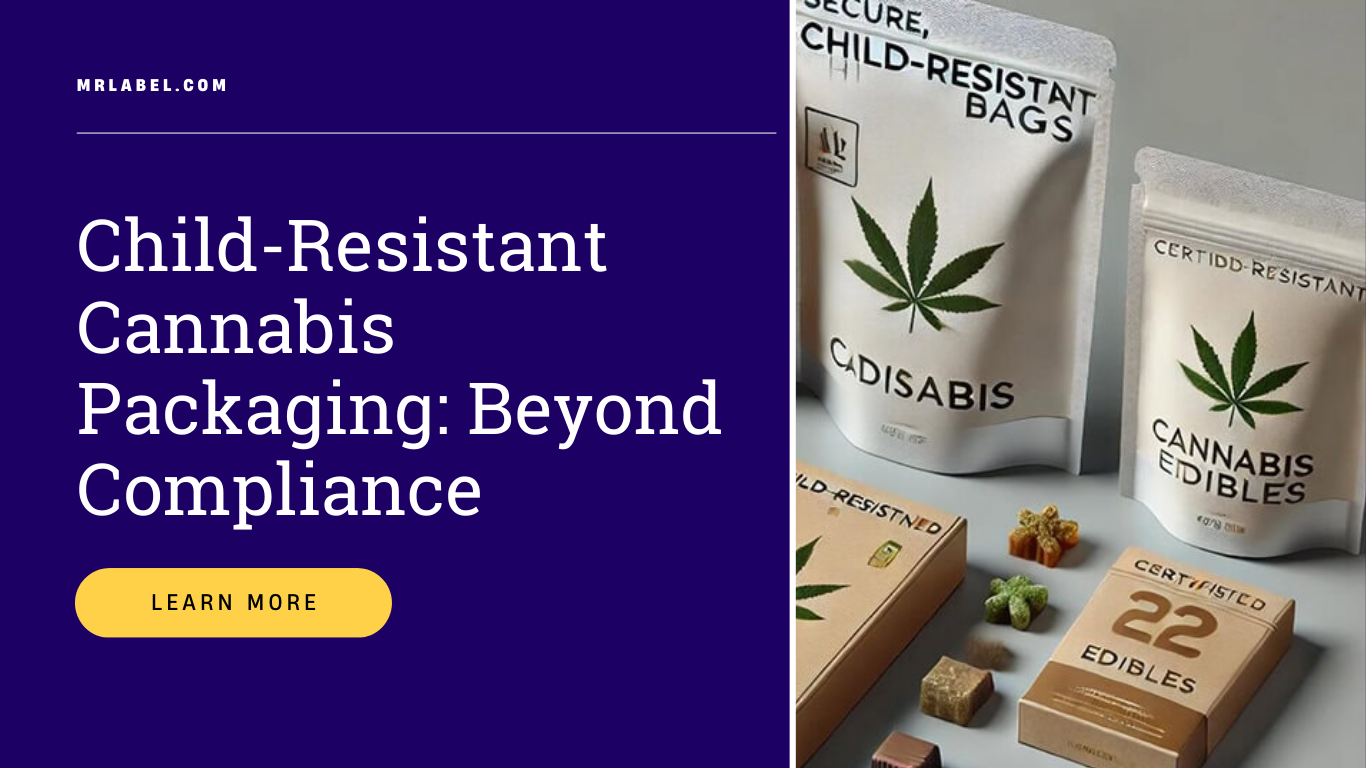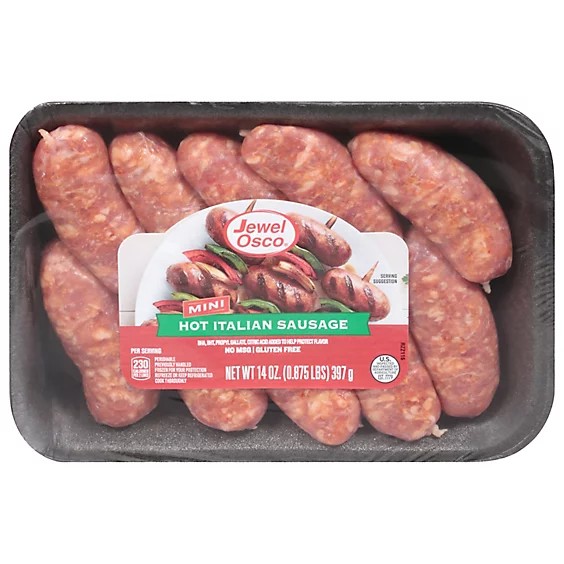While everybody else is talking about the required items on the food labels, let’s look at the nutrients not required on a food label.
It is essential information for consumers and manufacturers. As a manufacturer of a food product, you would not have to spend extra resources on labeling. However, as a customer reading these labels, you will have a better idea about the “extras” mentioned on a food label, saving you time and reducing confusion.
What are the necessary ingredients on a food label?
According to FDA, the nutrients associated with common diseases, like blood pressure, heart problems, diabetes, and obesity, should be listed on the label.
So, with such a consideration, the disclosure about calorie count, sodium, sugar, fats, carbohydrates, etc., is essential. You cannot ignore it.
What are the optional ingredients on a food label?
The nutrients categorized in a broader domain or the ones not important for consumer awareness fall in the “optional” category.
As a food manufacturer, you might add them to your labels to improve your reputation with your consumers. But you can skip them as well, and you won’t have to face any legal penalty.
Such nutrients include Magnesium, iodine, sugar alcohol, Pantothenic Acid, etc. If you want to add natural to your product, you’ll have to comply with the standards.
Summing up:
Depending upon your product and the nutrients it contains, the exact list of things you can skip from a food label may vary. Besides, you might also want to comply with your competitor’s labeling to ensure that the potential customers choose you over the other brands available in the market.
Overall, the nutrients that aren’t important for consumer awareness or ones compiled under a single head aren’t necessary on a food label. That leaves you with a choice to include them on the label or to skip them. And, these are the basics of creating food labels.
At M&R Label, we take care of all these aspects and bring you the best labels in Chicago.



